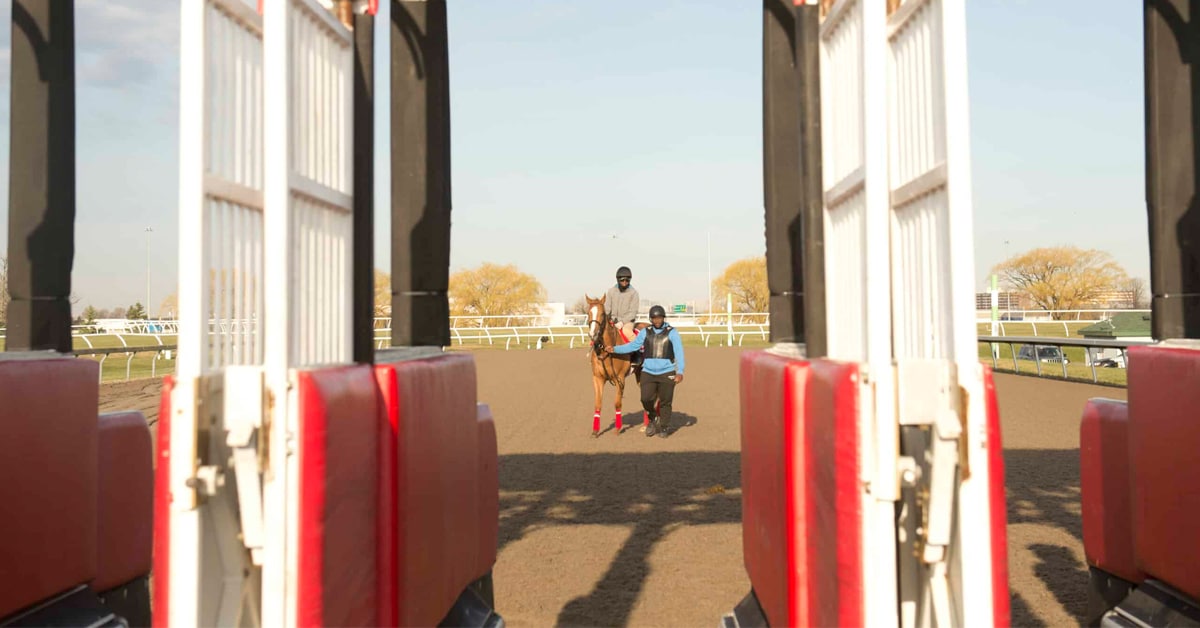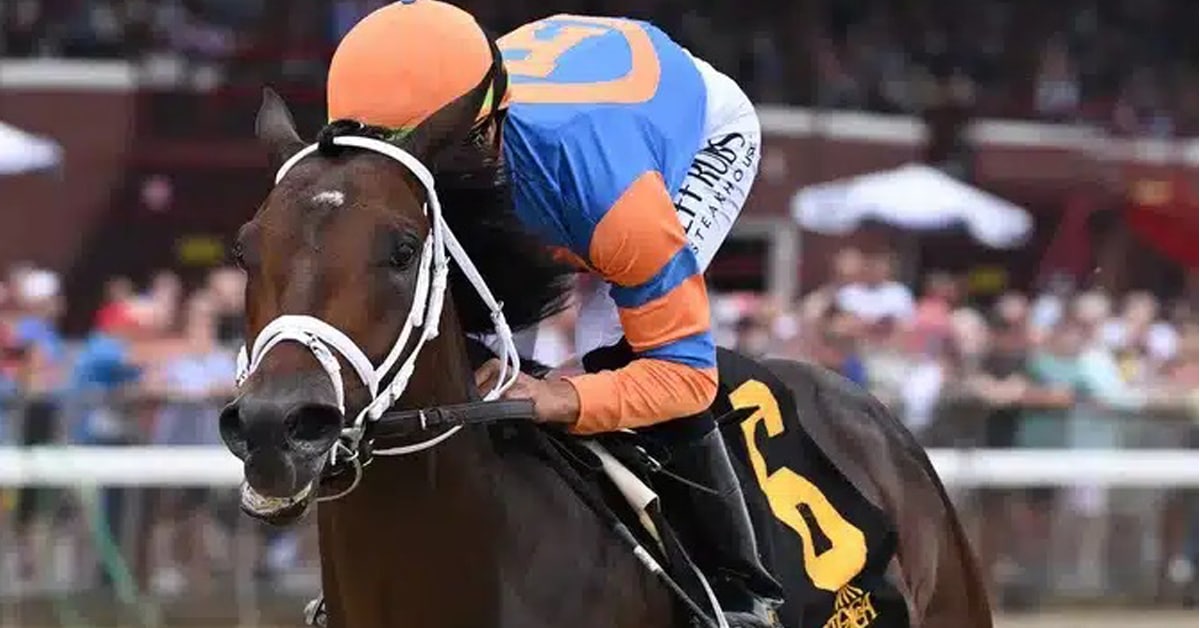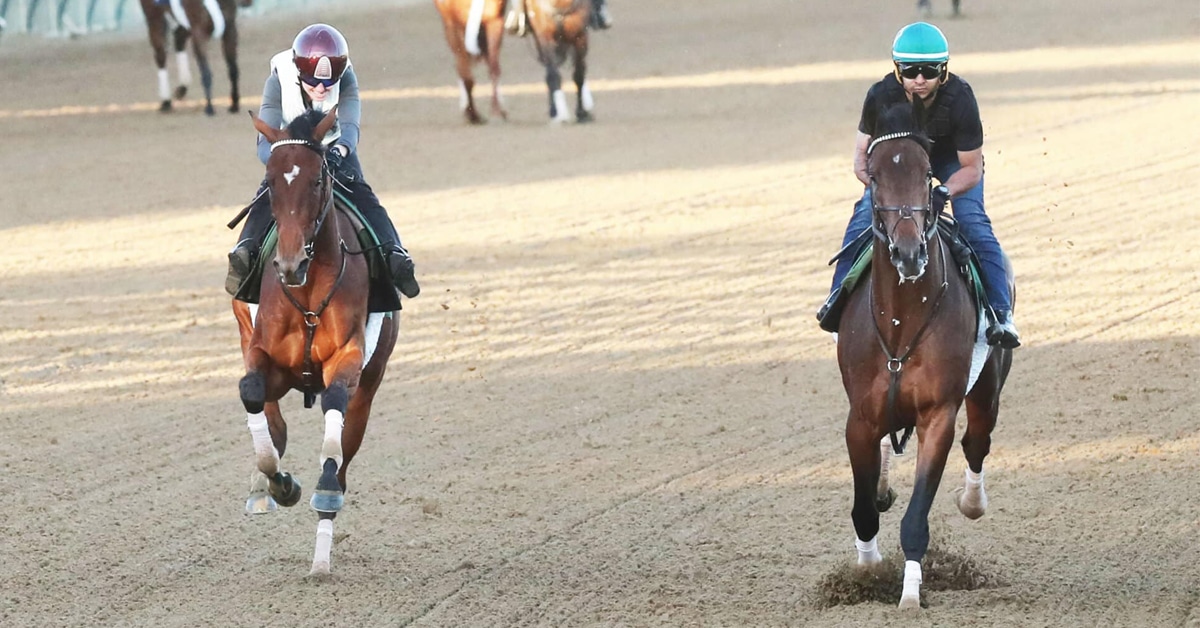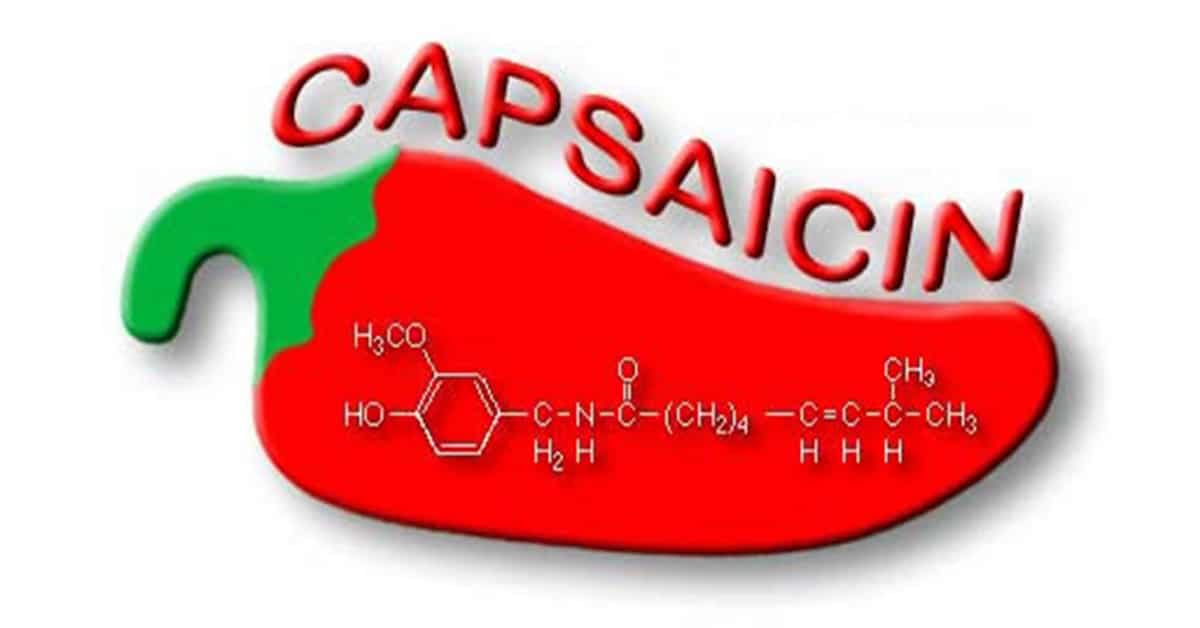Something is afoot in Ontario racing. Something hotter than the weather.
When the Canadian Pari Mutuel Agency sent out a reminder that “capsaicin is a prohibited substance in Canadian racing” on June 23 (the same notice was sent out September 19, 2019) it seemed to suggest that all of a sudden, there seemed to be a possible issue with the substance, an extract from chili peppers.
Anyone who has worked with horses knows that painting a fence, a stall wall or bandages with a cayenne pepper mix has been done for years to stop horses from chewing. Of course, people can always find a way to use this and other products as a painkiller or for other reasons. Capsaicin was applied to show jumpers’ legs to make them jump higher (four people were tossed from the 2008 Olympics) or to the legs of Tennessee Walking Horses for a higher step.
Only 4 days after the CPMA put out its June 23 ‘reminder’, the positive tests came roaring in. Two horses in Fort Erie were placed on the stewards’ list for 15 days and then a number of horses at Woodbine as well.
Trainers Bill Tharrenos, Nick Nosowenko, Mike DePaulo and Mike Mattine had horses test positive for Capsaicin and those are only from races run through June 13. There are reportedly more to come.
Trainers are flabbergasted. Some of them don’t even have any type of pepper mix or spray in their barns.
Trainer Mike Mattine told Daily Racing Form about his positive for his horse Souper Hot, “That horse never wears a bandage,” Mattine said. “The only thing he gets is a poultice when he works and when he runs. I don’t have any [Rap Last] in the barn.”
Rap Last is a pepper spray used these days rather than the paste made by grooms years ago,
Considered a Class II drug that could alleviate pain if applied to joints as a cream, Capsaicin might be showing up because tests done by the CMPA are sharper and more sensitive this year. A call to the CPMA on Monday was not returned.
The HBPA of Ontario issued a memo to members to check all ingredients of anything in their barn. What may be new to the products a trainer has – hand sanitizer? stall sanitizer?
Dear Members,
As most of you are aware, we have recently had several positives for Capsaicin. The HBPA is investigating the possible source of these positives.
There is much speculations that the cause of these positives is the pepper and/or “Rap Last” which various Trainers use on bandages, cross ties wood etc. While this may be the source, we ask that you all check the ingredient listing of vitamins, topical creams, ointments, liniments, throat washes, supplements and any other products that may contain Capsaicin. Should you find Capsaicin in any of these products, please contact the HBPA as soon as possible.
We ask that you be particularly careful during the 48-hour window leading up to live racing. If you have a horse in the entries be cautious of any usage of capsaicin until we can understand what is happening.
We will keep you updated as new information is released, until then please be vigilant.
HBPA of Ontario
One of the recent rulings:
SOUPER HOT (Tattoo #T22690) is placed on the Stewards’ list for fifteen days, July 3 through July 17 2020 for providing a positive test sample for the Class 2 drug “Capsaicin and Dihydrocapsaicin” from race #6 on June 11 ,2020. SOUPER HOT is hereby ineligible to enter or race while on the Stewards List.
June 23 Notice from CPMA:
On June 23 the Canadian Pari-Mutuel Agency issued a reminder to veterinarians and horsepeople in the nation’s racing industry that capsaicin is a prohibited substance in Canadian racing.
This memo is further to the Canadian Pari-Mutuel Agency’s (CPMA) notice to industry on September 19, 2019 on the subject of capsaicin, and reminds veterinarians, racehorse trainers and owners that capsaicin is a prohibited substance in Canada due to its painkilling properties.
Capsaicin is an extract from chili peppers (e.g., cayenne) that can be found in topical creams available over the counter in pharmacies. It is also sometimes applied to bandages and to stall walls to discourage chewing.
Products containing capsaicin should not be administered to a racehorse as they may trigger a positive test.
The CPMA strongly recommends that you consult your veterinarian on any decision to administer supplements or medications to a horse.
If you have any questions or concerns, please contact CPMA by telephone at 1-800-268-8835 or by email at aafc.cpmawebacpm.aac@canada.ca.
More from Canadian Thoroughbred:






